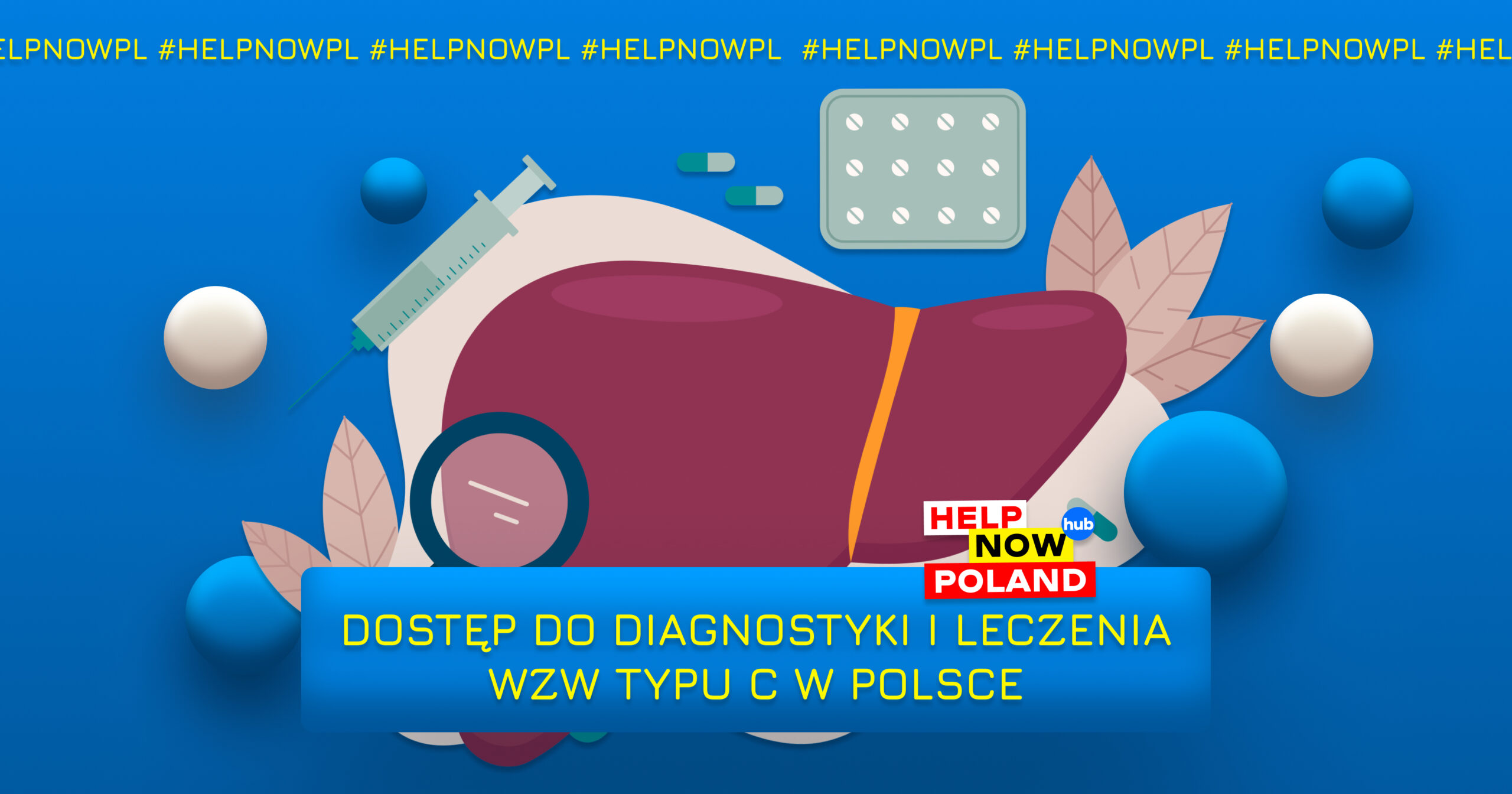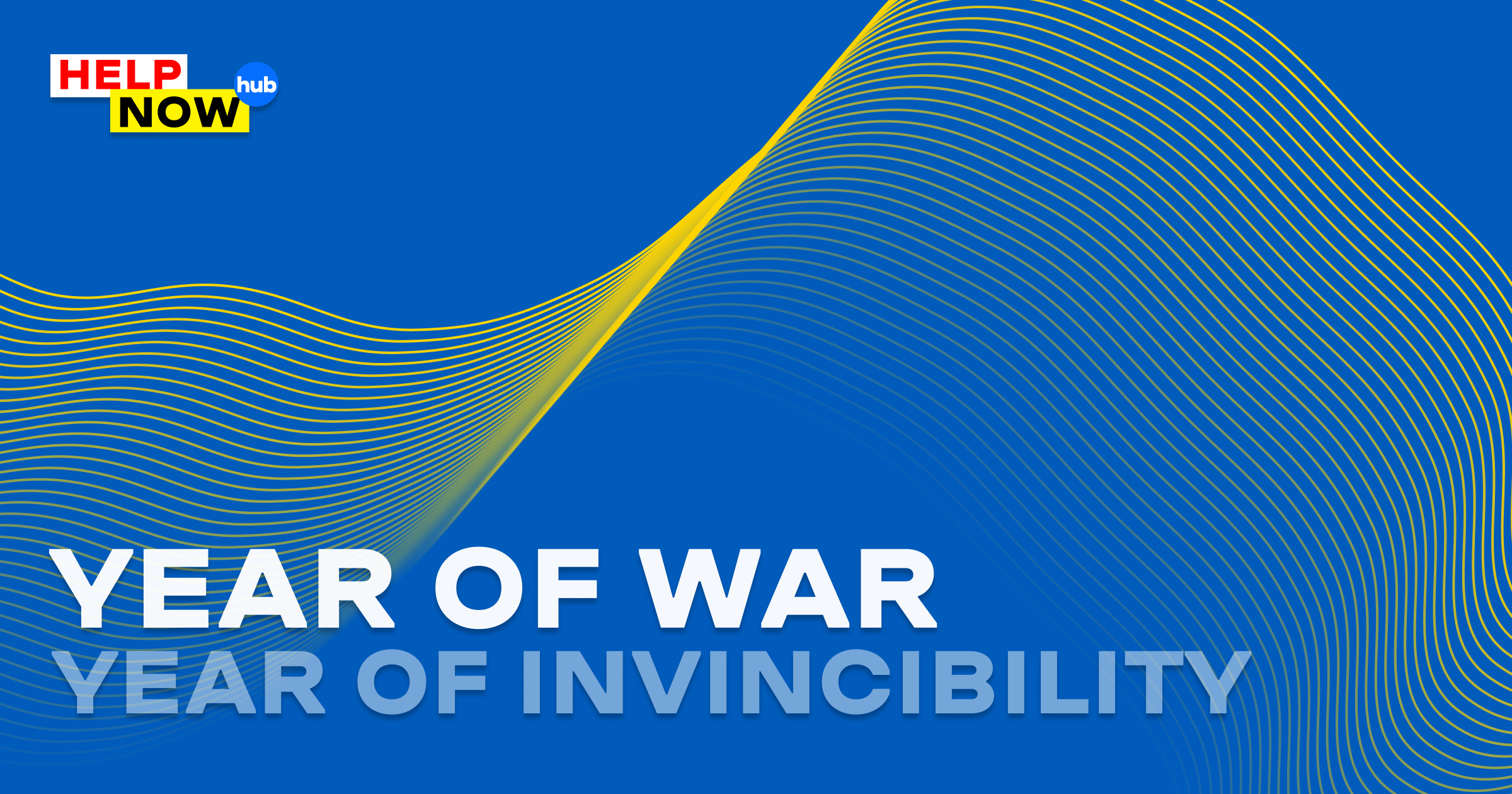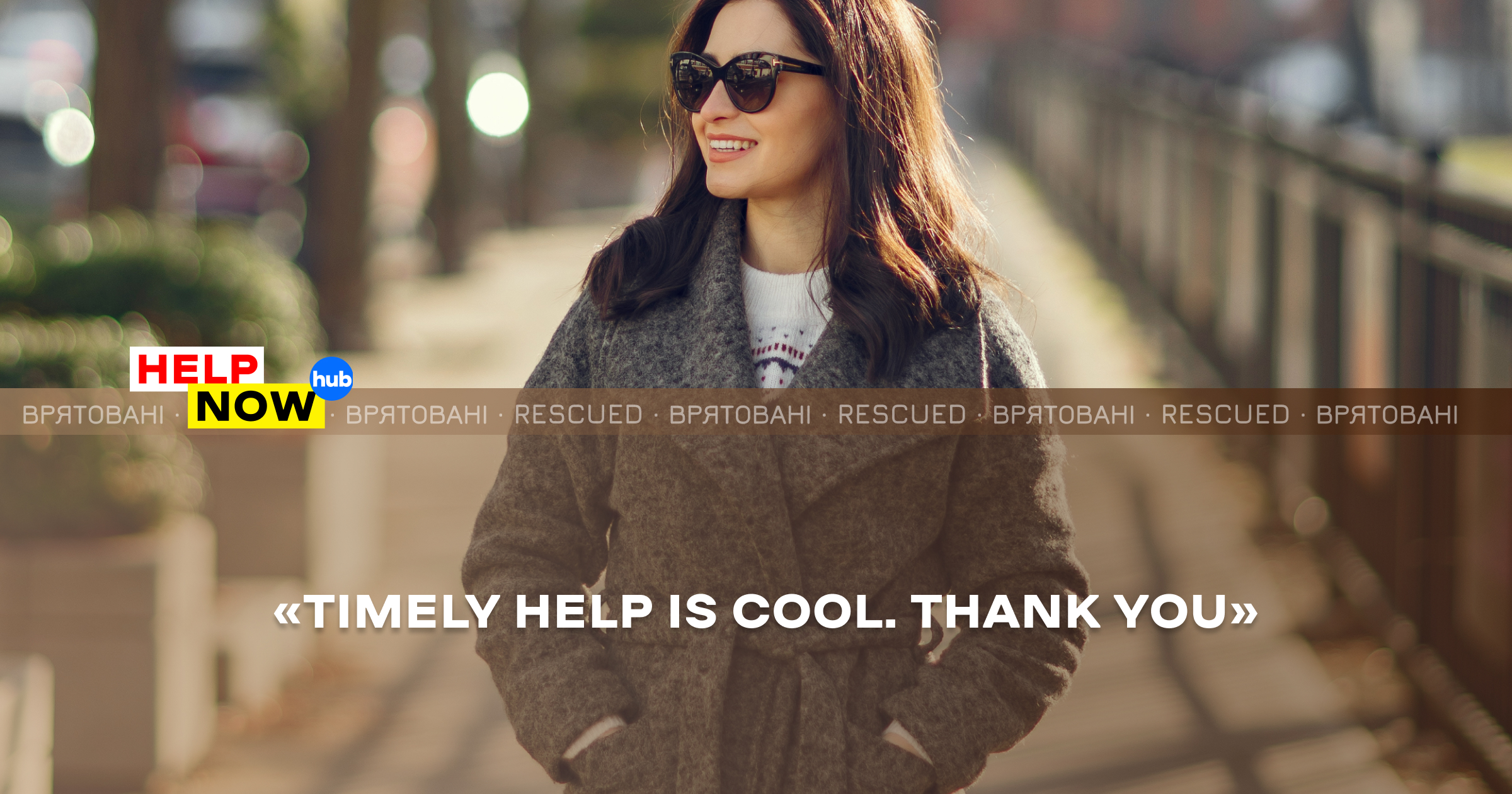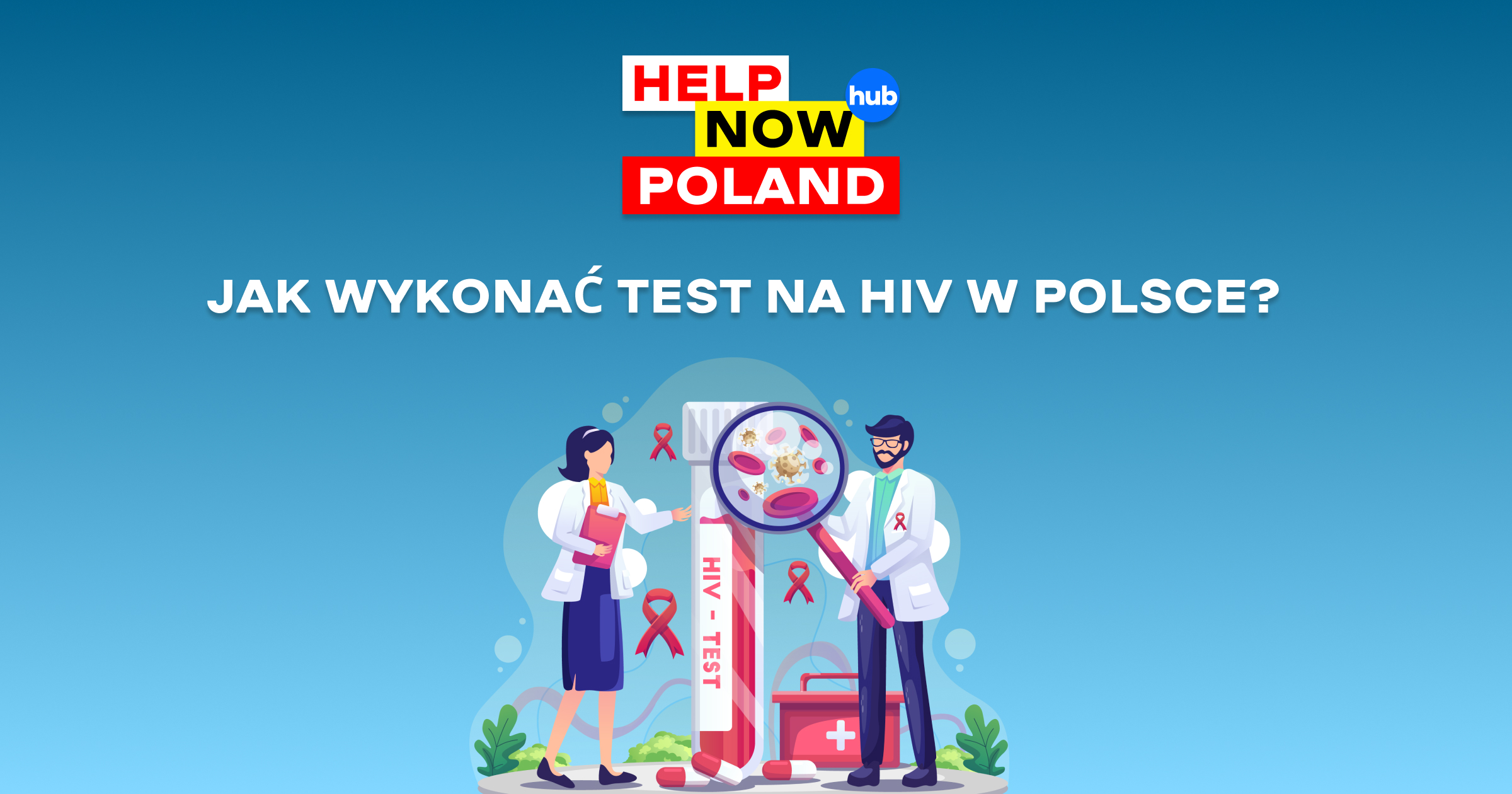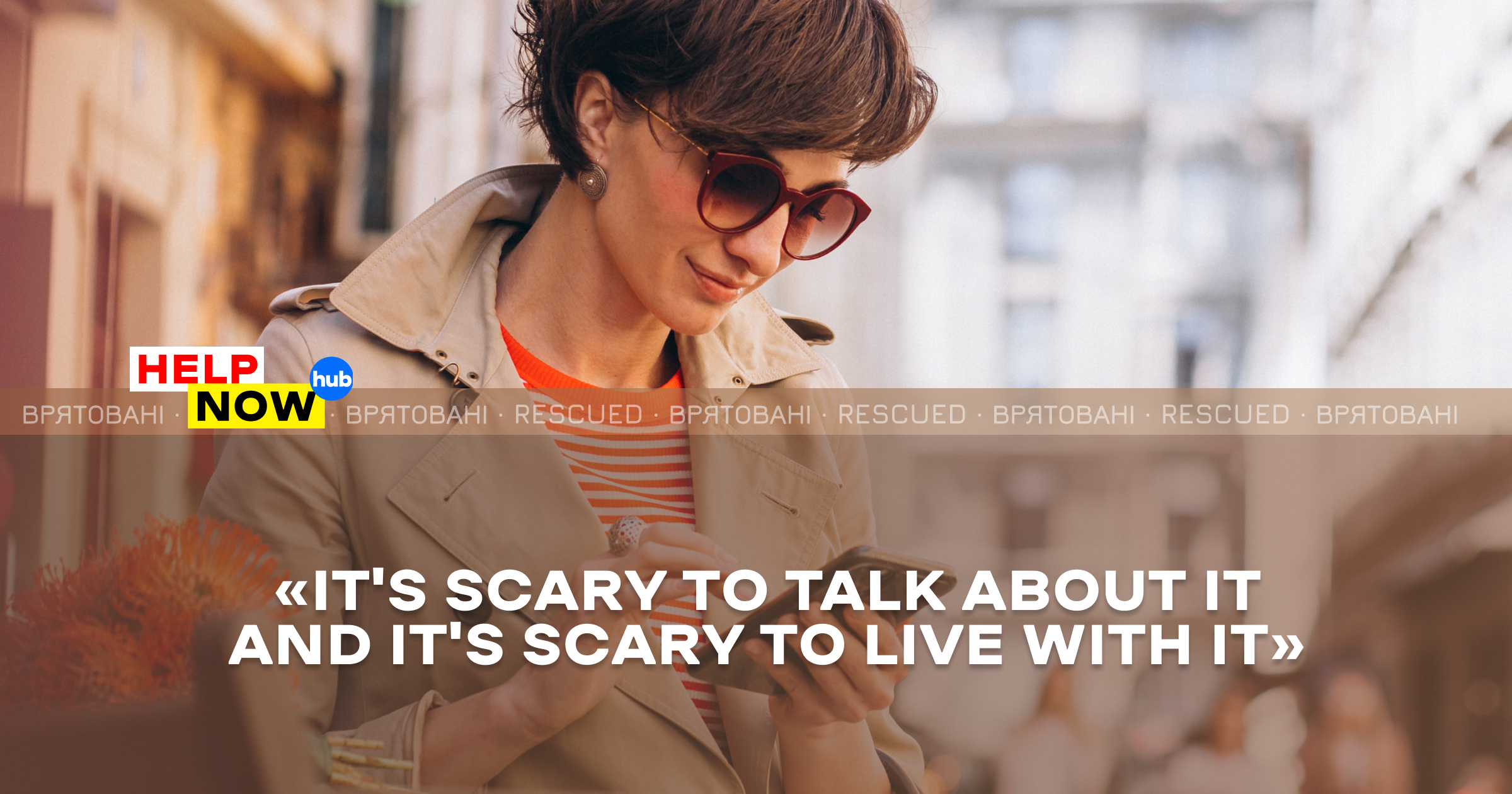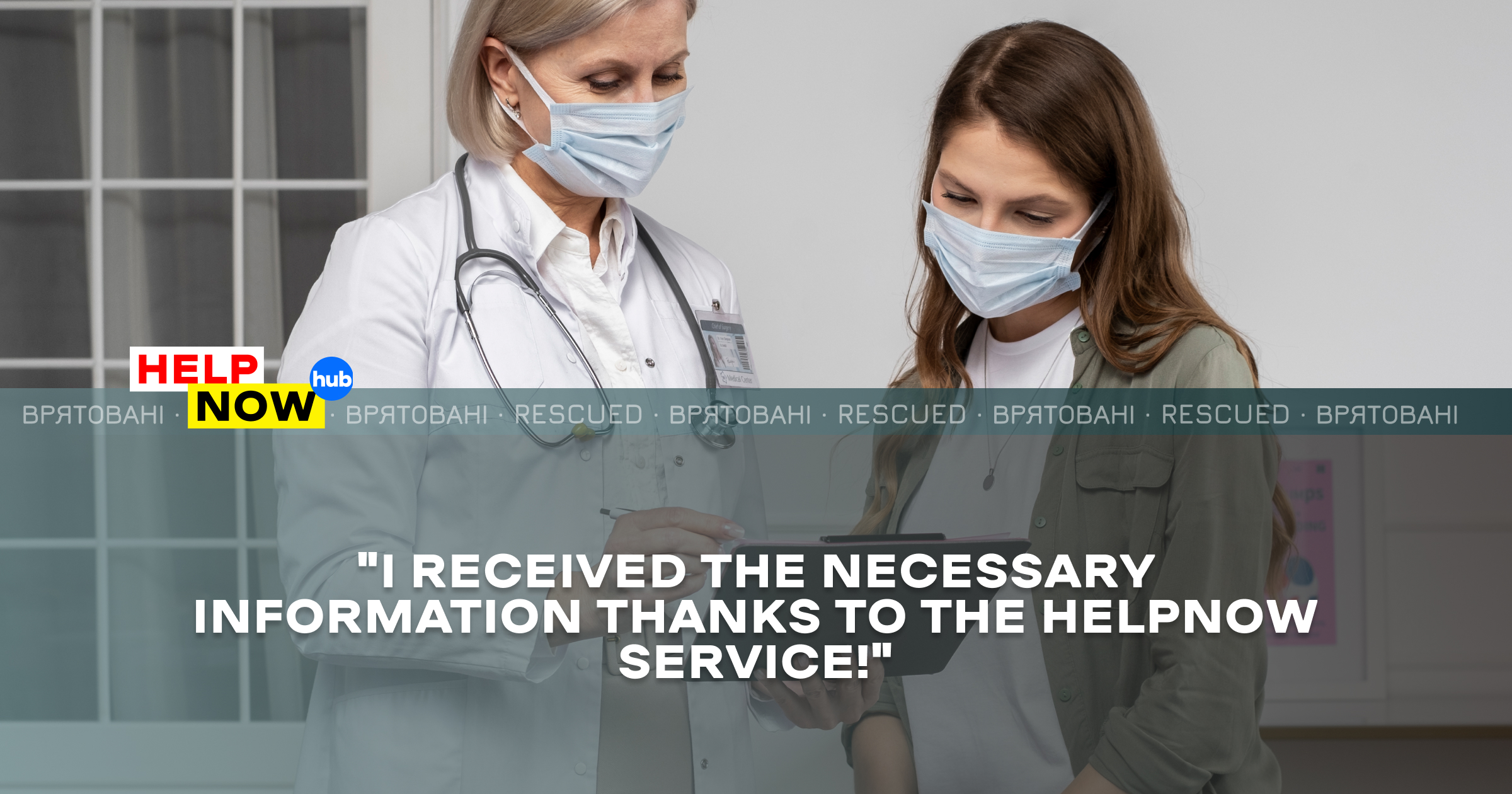Zapalenie wątroby to ostra lub przewlekła choroba, która atakuje wątrobę. Czynnikiem sprawczym zapalenia wątroby jest specyficzny wirus. Najczęstsze to wirusowe zapalenie wątroby typu A, B i C. Ale największym zagrożeniem jest wirusowe zapalenie wątroby typu C.
Około 15-30% pacjentów z przewlekłym wirusowym zapaleniem wątroby typu C rozwija w ciągu 20 lat marskość wątroby i jej powikłania, które mogą być śmiertelne. Niebezpieczeństwo zapalenia wątroby polega na tym, że we wczesnych stadiach choroby objawy kliniczne prawie nie istnieją i tylko testy medyczne mogą wykryć obecność wirusa w organizmie.
Jeśli podejrzewasz infekcję, zrób szybki test za pomocą szybkiego testu na wirusowe zapalenie wątroby lub poddaj się badaniu w specjalistycznym laboratorium.
Drogi przenoszenia WZW typu C:
1. Najczęściej – przez krew – przy wstrzykiwaniu narkotyków, wykonywaniu niebezpiecznych zastrzyków i inwazyjnych zabiegach medycznych, transfuzji krwi itp.
2. Rzadko – w przypadku stosunku płciowego bez zabezpieczenia, jeśli w nasieniu znajdują się zanieczyszczenia krwi, wydzieliny pochwy itp.
3. Od matki do dziecka, w czasie ciąży i porodu. Nie przenosi się z mlekiem matki.
Jak zapobiegać infekcji:
- podczas wstrzykiwania narkotyków używać jednorazowych sterylnych igieł i strzykawek;
- zawsze zakładać prezerwatywę podczas stosunku płciowego;
- używać wyłącznie indywidualnych artykułów higieny osobistej (szczoteczki do zębów, maszynki do golenia, nożyczek do manicure itp.);
- korzystać z usług doświadczonych mistrzów wykonujących tatuaże, kolczyki, manicure i pedicure oraz używających zdezynfekowanych narzędzi.
Pamiętaj! Wirusowe zapalenie wątroby typu C może przebiegać bezobjawowo!
Same objawy zewnętrzne nie wystarczą do stwierdzenia obecności wirusa zapalenia wątroby typu C w organizmie. Jej objawy są często bardzo łagodne i mogą przypominać objawy innych chorób – szybkie przemęczanie się, złe samopoczucie, utrata apetytu, czasem zażółcenie białkówek oczu, powiększenie wątroby i śledziony.
Pamiętaj, wirus zapalenia wątroby typu C nie jest wyrokiem. Obecnie istnieją skuteczne leki do jego leczenia. Decyzję o rozpoczęciu leczenia i przepisaniu konkretnych leków może podjąć tylko lekarz po dogłębnym badaniu. Leczenie na czas może zmniejszyć ryzyko marskości wątroby i poprawić jakość życia człowieka. Leczenie powinno odbywać się pod stałym nadzorem lekarza!
Pacjenci z Ukrainy mają możliwość bezpłatnego zdiagnozowania przewlekłego wirusowego zapalenia wątroby typu B i C oraz leczenia (jeśli wynik jest pozytywny). Dodatkowo od 01.07.2022 lekarze rodzinni w Polsce mogą wystawiać skierowania na badanie wirusowego zapalenia wątroby typu C, a badanie to jest objęte ubezpieczeniem NFZ.
Lista placówek służby zdrowia w Polsce, w których można poddać się badaniu wstępnemu https://watrobanieboli.pzh.gov.pl/
Mapa placówek medycznych, w których leczy się wirusowe zapalenie wątroby typu C https://hcv.info.pl/index.php/lokalizacje-placowek/
Możesz zgłosić się o pomoc i dodatkowe pytania do naszego Polskiego hubu HelpNowPl, który obecnie działa specjalnie dla obywateli Ukrainy z kluczowych społeczności, którzy zostali zmuszeni do opuszczenia swoich domów z powodu wojny i są obecnie w Polsce.
Jeśli potrzebujesz informacji na temat niezbędnego leczenia, badań, opieki medycznej, kwestii prawnych i socjalnych, usług tłumaczeniowych lub wsparcia socjalnego dla instytucji, pomocy psychologicznej:
Zadzwoń na nasze numery infolinii:
+48 539 652 831 Anna-Nadia
+48 786 640 460 Alina
+48 721 752 114 Vita
+48 571 850 855 Natalja
Napisz do nas w Telegramie https://t.me/+BSIMGdN3WT41MTVi
Konsultacja lekarza online https://help24.org.ua/uk/doctors/126
Jesteśmy gotowi udzielić Ci wsparcia informacyjnego i psychologicznego!
Dodatkowe i bardziej szczegółowe informacje znajdziesz na naszej stronie internetowej https://helpnow.aph.org.ua/

